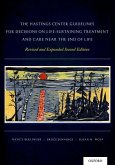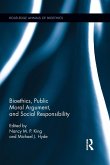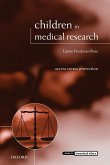Hydes pathbreaking study considers the relationship between the phenomenon of conscience and the practice of rhetoric as it relates to euthanasia. Hyde investigates how the practice of rhetoric becomes a voice of conscience and influences the moral standards of individuals and communities. In doing so, he offers the first extensive treatment of Martin Heideggers and Emmanuel Levinass philosophical investigations of conscience and an in-depth analysis of the justifiability and social acceptability of euthanasia. He focuses on a cluster of related topics that emerge from his discussion of the work of Heidegger and Levinas, including the phenomena of deconstruction and acknowledgment, emotion and the reconstructive power of language, and the discursive creation of heroes. Through these investigations Hyde accounts for some of the key definitions, arguments, and narratives that contribute to the rhetoric of the euthanasia debate.
Hinweis: Dieser Artikel kann nur an eine deutsche Lieferadresse ausgeliefert werden.
Hinweis: Dieser Artikel kann nur an eine deutsche Lieferadresse ausgeliefert werden.

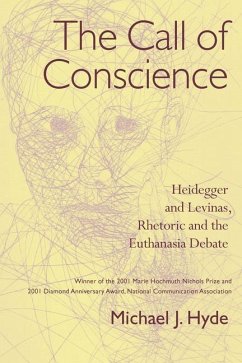
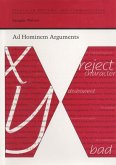
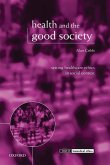
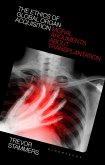
![The Destiny of To-day [microform]: Studies in Conscience and Character The Destiny of To-day [microform]: Studies in Conscience and Character](https://bilder.buecher.de/produkte/65/65504/65504174m.jpg)
